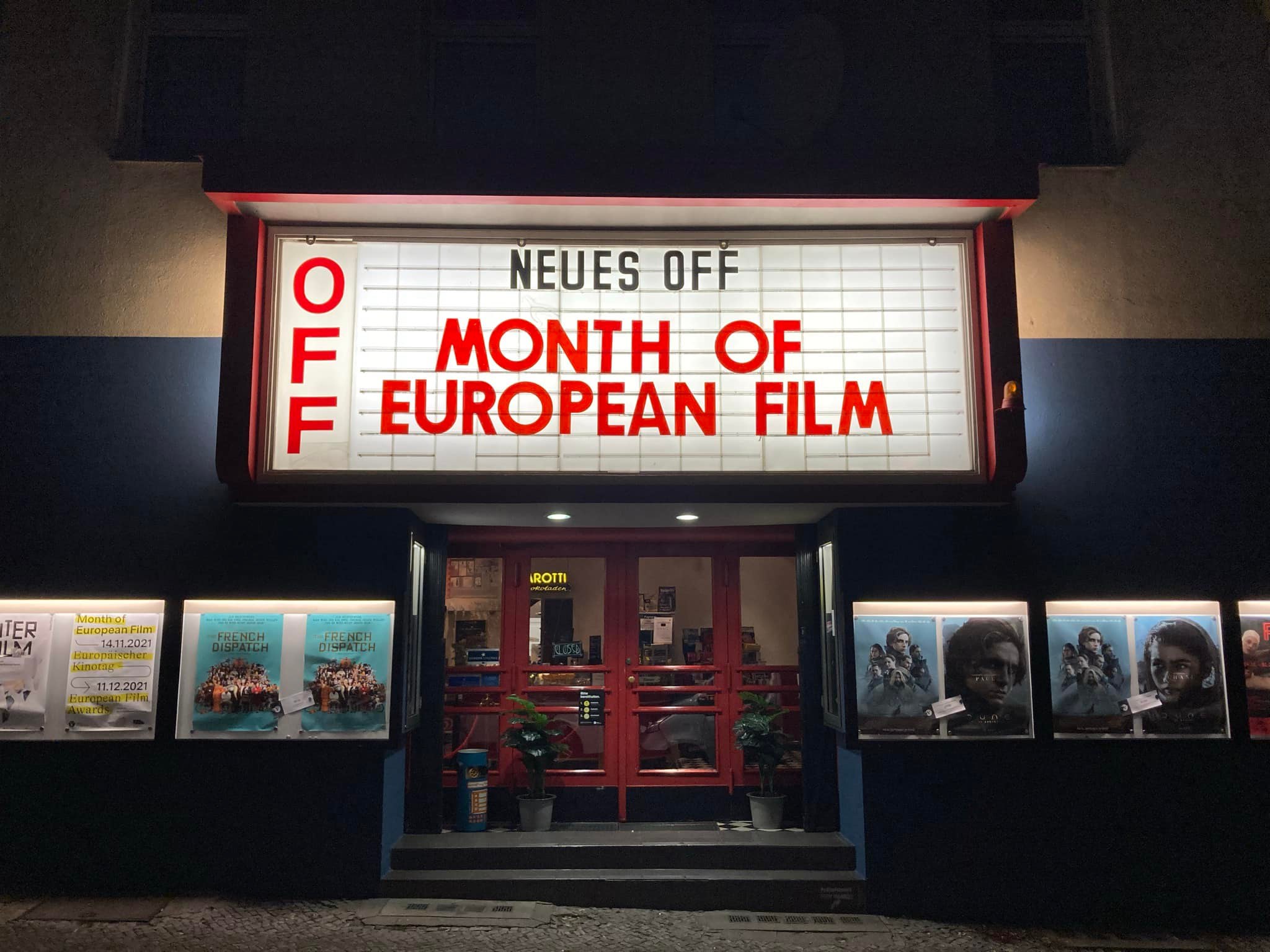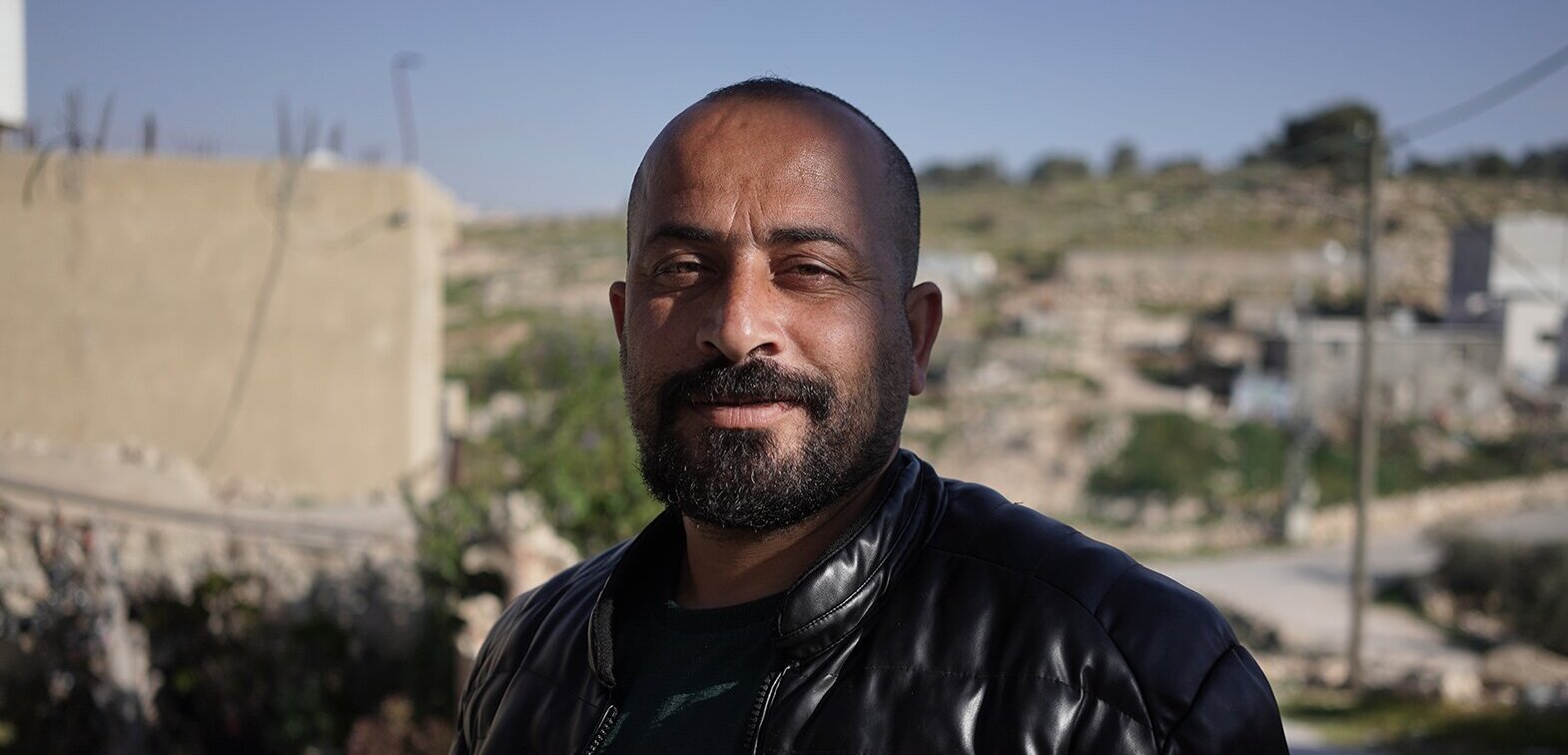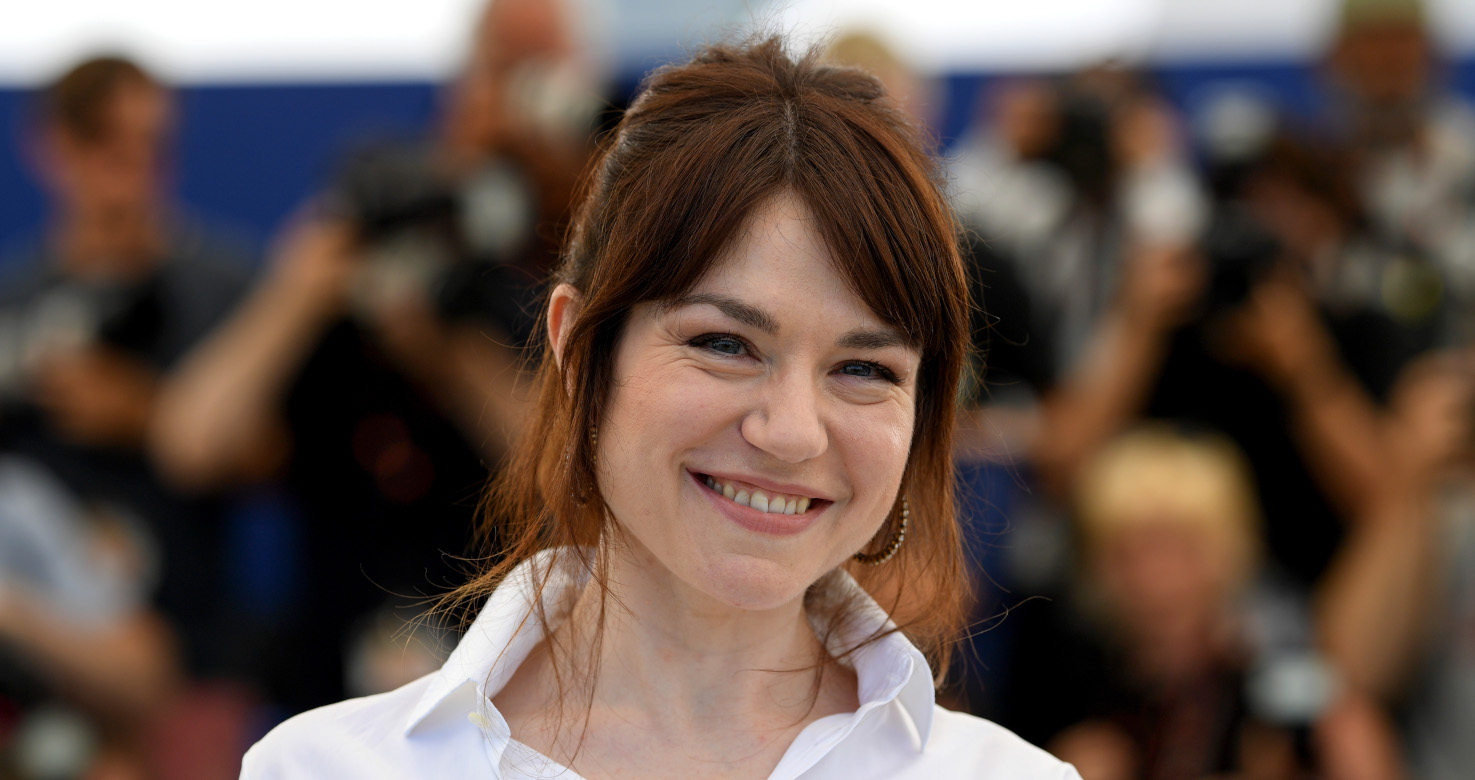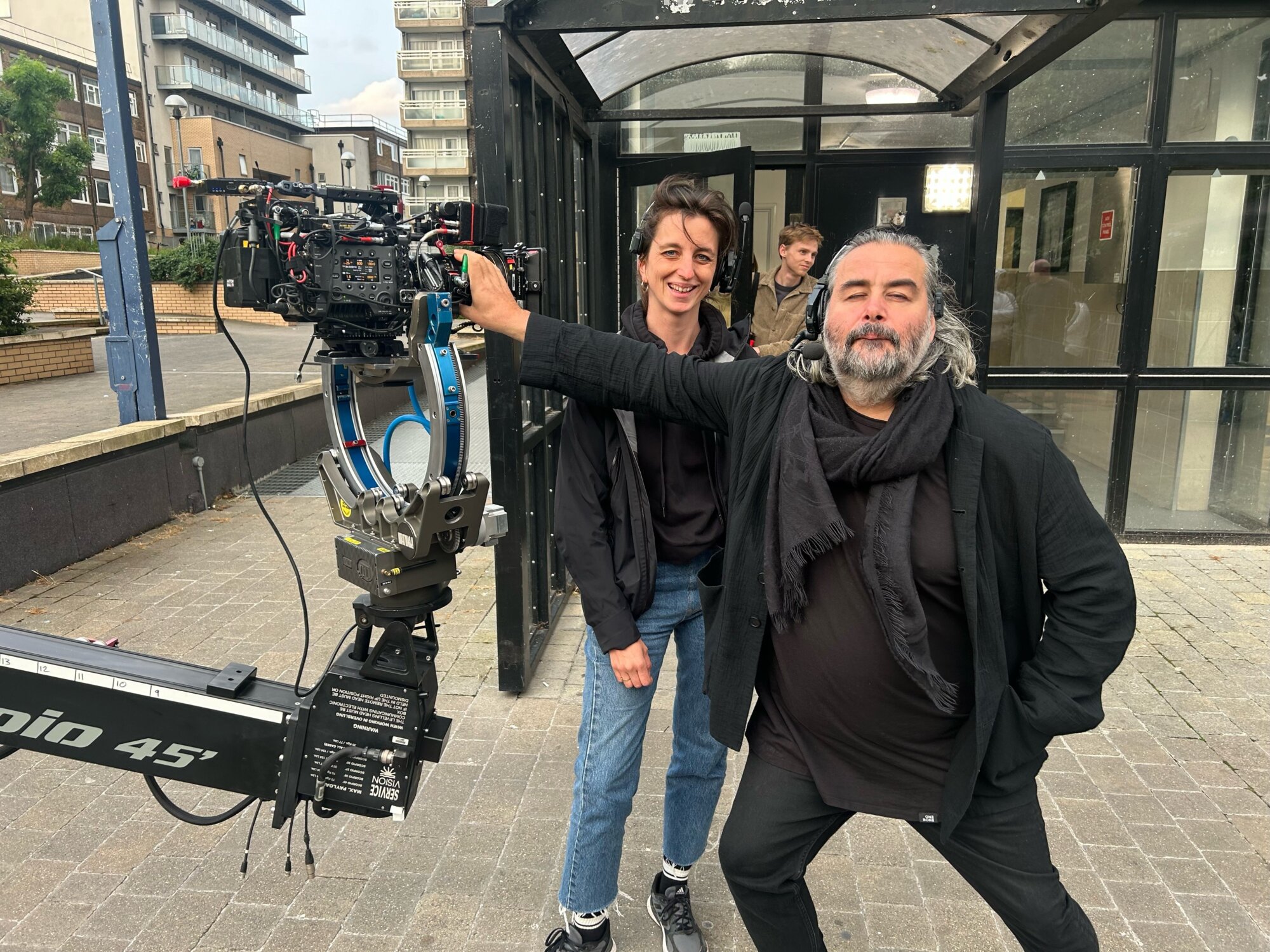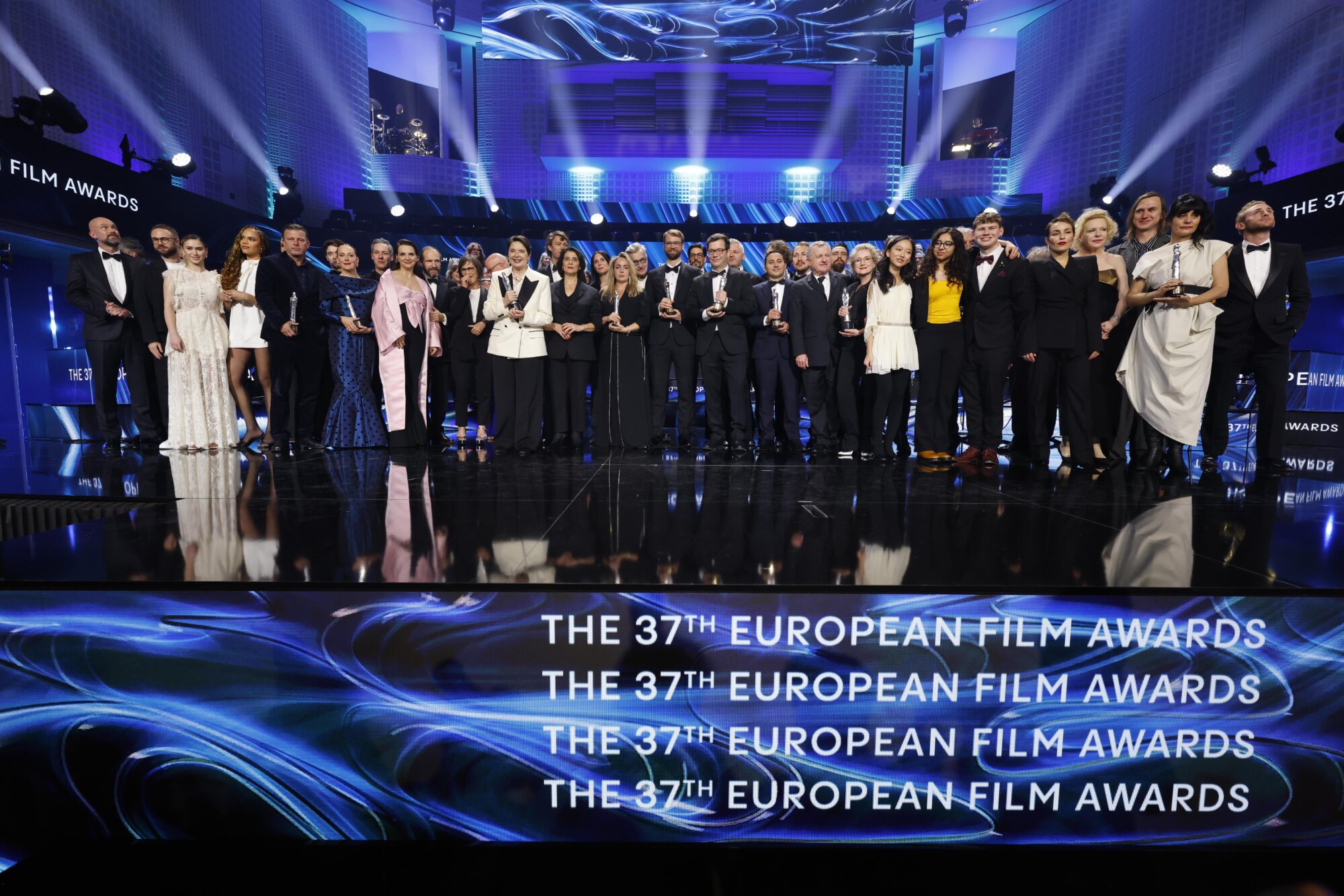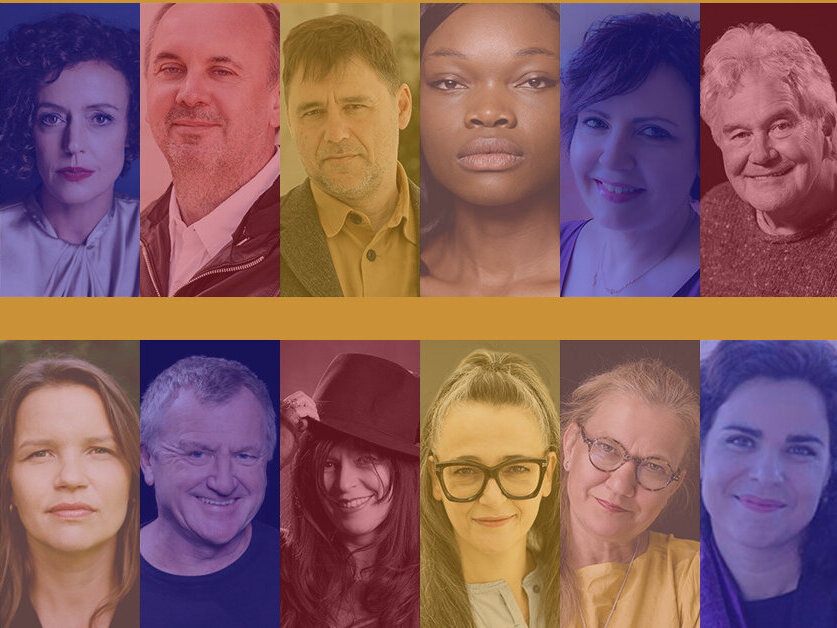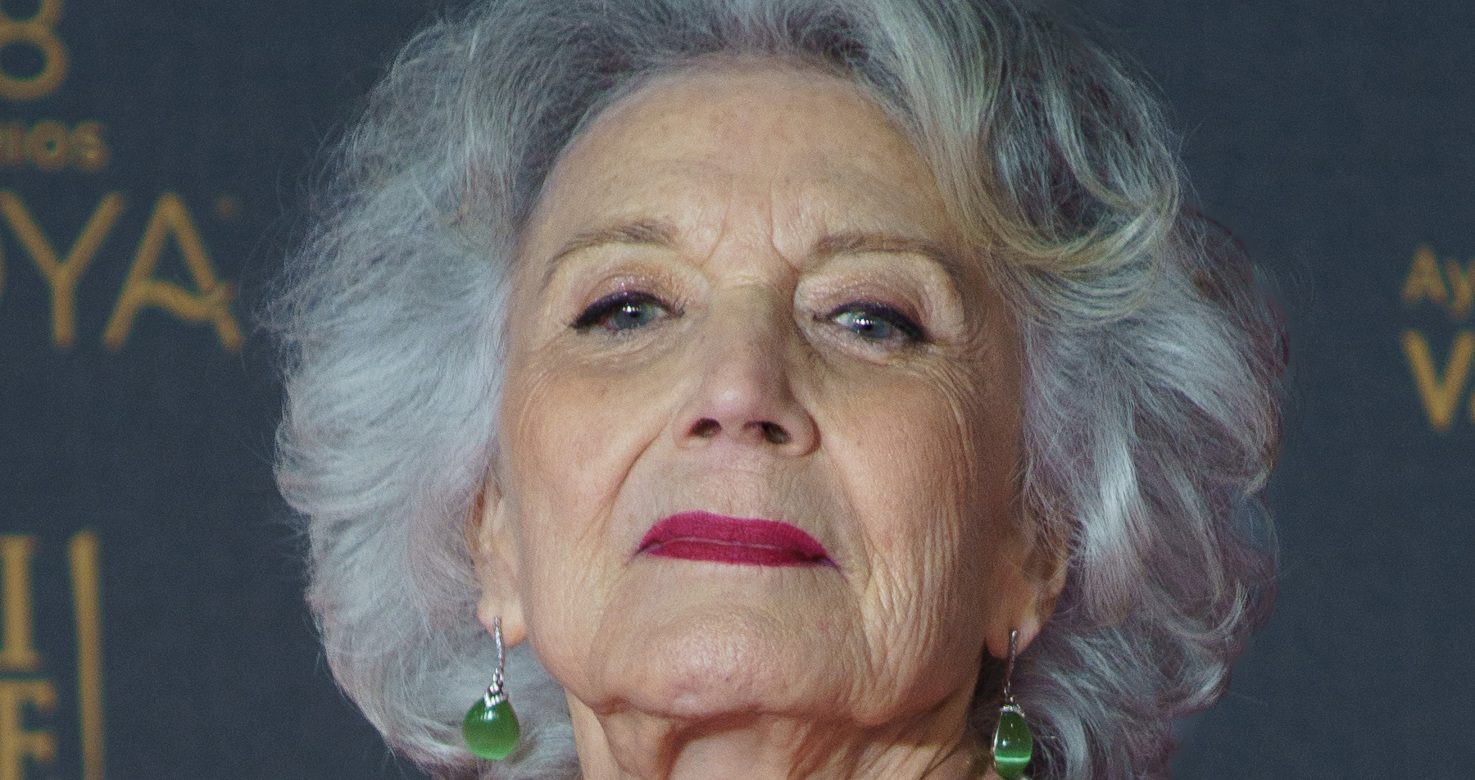THE SEED OF THE SACRED FIG
THE SEED OF THE SACRED FIG
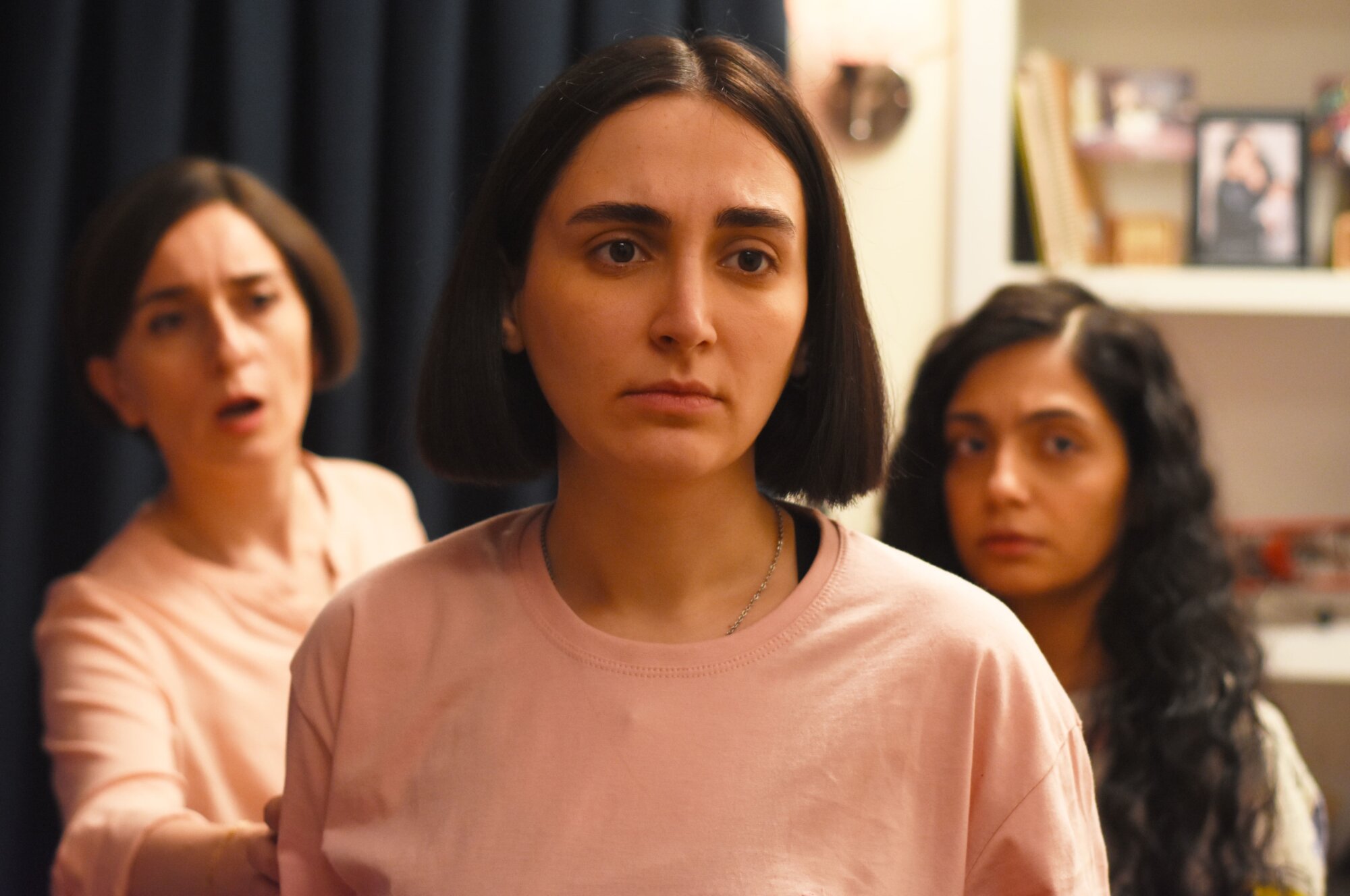
THE SEED OF THE SACRED FIG
DANAYE ANJIR-E MOABAD
Germany, France
SYNOPSIS
The celebration of Iman’s latest promotion as investigating judge in the Revolutionary Guard Court coincides with widespread public protests after the death of a young woman in the streets of Teheran. The demonstrations and the heavy-handed government response upset the dynamics within his family. While Iman is struggling with the psychological burden of his new job, his daughters, Rezvan and Sana, are shocked and electrified by the events, while his wife Najmeh is trying to hold the family together. When Iman discovers that his service weapon has gone missing, he suspects his family. Frightened to lose his reputation and his job, he becomes more and more paranoid, starting an investigation in his own home in which all borders are crossed one by one …
CREDITS
Written & directed by: Mohammad Rasoulof
Produced by: Mohammad Rasoulof, Amin Sadraei, Jean-Christophe Simon, Mani Tilgner, Rozita Hendijanian
Cinematography: Pooyan Aghababaei
Editing: Andrew Bird, Paris J. Ludwig
Production Design: Amir Panahifar
Costume Design: Nazanin Tavasoli
Make-Up & Hair: Bahareh Minaee, Farshid Hasani
Original Score: Karzan Mahmood
Sound: Philipp Kemptner, Elias Siegner, Philipp Teichmann, Hassan Shabankareh, Eric Grattepain
Visual Effects: Markus Selchow, Alexander Kucera
Cast: Mahsa Rostami (Rezvan), Setareh Maleki (Sana), Niousha Akhshi (Sadaf), Reza Akhlaghi (Ghaderi)
STATEMENT OF THE DIRECTOR
After my last film (THERE IS NO EVIL, 2020), it took me four years to start a new project. During these years, I wrote several screenplays, but what finally led to the making of THE SEED OF THE SACRED FIG was my experience of being re-arrested in the summer of 2022. This time my experience in prison was unique since it coincided with the beginning of the Jina (Woman, Life, Freedom) uprising in Iran. Other political prisoners and I were following the social changes inside the prison. While the protests were going in an unexpected direction and had a significant extent, we were amazed by the protests’ scope and the women’s bravery.
When I was released from prison, the important question was: what should I make a film about now? It preoccupied my thoughts. I think it all began with what I was told by a senior staff member of Evin Prison, and it stayed with me. One day, in the middle of the widespread repression during the Jina movement, while this person was visiting the cells of political prisoners, he pulled me aside and said he wanted to hang himself in front of the prison entrance. He suffered from an intense pang of conscience, but he did not have the courage to free himself from the hatred he had for his job. Stories like these convince me that eventually, the women’s movement in Iran will succeed and achieve its goals. Repressions may temporarily keep the situation under the government’s control, but eventually, like in many instances we’ve seen before, the government will surrender to the movement’s demands.
As soon as I was released, I wanted to make a new film to help with this effort. But it’s not easy to bring together people who can accept the risks of such a daring task. It took several months to gather the actors and the technical staff. During the filming, sometimes the fear of being arrested overshadowed the group, but in the end, their courage was the driving force for us to continue working.
While filming a project like this, nothing makes the work as difficult as maintaining the crew’s safety. The fear of being identified and arrested casts a shadow over everything. But beneath this shadow, there are always solutions to be found. For example, we tried to keep the group small. We also had very minimal technical equipment, but the skill of the cameraman and his assistants were able to compensate for the limitations of the equipment. I can’t explain how we bypassed the government censorship system, but it can be done. The government cannot control everything. By intimidating and scaring people, they try to induce the feeling that they have everything under their control, but this method is like a stun grenade whose sound can intimidate you. They cannot monitor everything. Selecting the actors was a complicated process. We had to guess who, in addition to their artistic abilities, had the will and courage to appear in such a film. It’s not very difficult to find people like that in Iranian cinema. But you cannot cast widely, since a larger group beyond those involved in the film would know about it, and news would slowly leak to the outside world. It becomes sensitive who you can approach, and it requires a lot of trust on all sides.
-
Feature Film Selection 2024
Nomination European Director 2024
Nomination European Screenwriter 2024
Nomination European Film 2024

